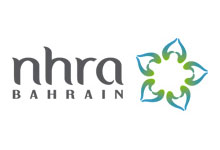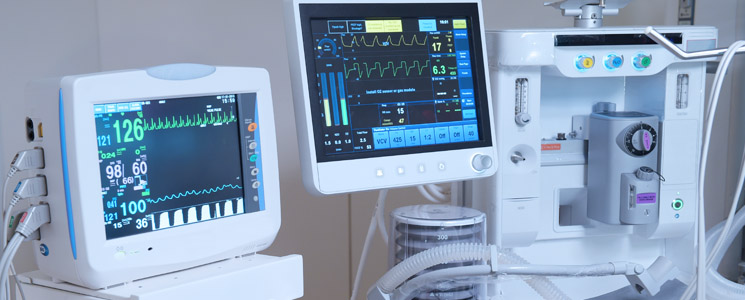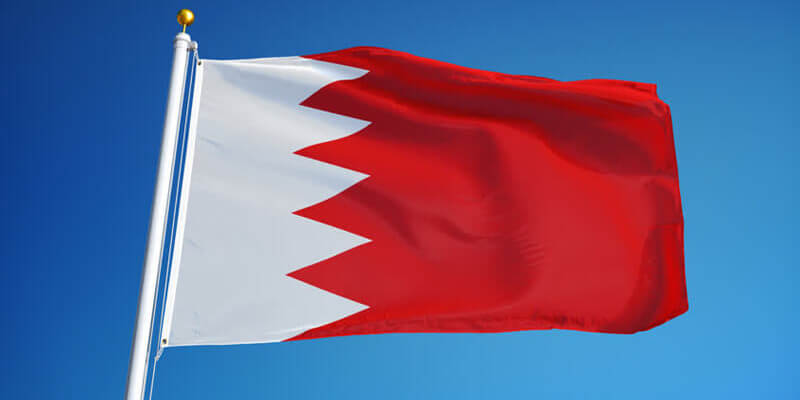This article was updated June 2, 2025. The medical device registration process in Bahrain is regulated by the National Health Regulatory Authority (NHRA) and is designed to ensure that all devices placed on the market meet international standards for safety and performance.

Bahrain Medical Device Registration
Pre-Registration Requirements:
- Only an authorized local representative, registered with NHRA, can submit a medical device registration application on behalf of the manufacturer
- All devices must be classified according to risk (Class I, IIa, IIb, III, and IVD A-D) before application
- The authorized representative and the device will be listed on the NHRA website once registered
Document Submission Process:
- Appointments for submission are scheduled online (e.g., via Ajheza or Appointy system) and all required documents must be submitted electronically or on CD at the booked time
- Required documents include a filled registration form, technical documentation (user manuals, service manuals, catalogues), labeling/artwork, quality certificates (e.g., ISO 13485, CE, FDA), and agreements between manufacturer and representative
- Additional documents may include instructions for use, a list of markets where the device is sold, field safety notice records, and declarations of conformity or recall status

Review and Approval:
- NHRA reviews the application and supporting documents over a period of 6–8 weeks (40–80 working days)
- If the application is rejected, applicants have two more opportunities to address deficiencies before a resubmission fee is required
- Upon approval, a registration certificate is issued, valid for 1–5 years depending on the validity of the submitted quality assurance certificate
Post -Registration and Market Access:
- Only NHRA-registered devices can be purchased by healthcare institutions in Bahrain.
- Importation is a separate process from registration and must be conducted through pre-approval systems (e.g., OFOQ platform)
- The license holder must apply for renewal at least nine months before expiration and maintain up-to-date safety and performance documentation

How Can RegDesk Help?
RegDesk is a next-generation web-based software for medical device and IVD companies. Our cutting-edge platform uses machine learning to provide regulatory intelligence, application preparation, submission and approvals management globally. Applications that normally take 6 months to prepare can now be prepared within 6 days using RegDesk. Global expansion has never been this simple.

